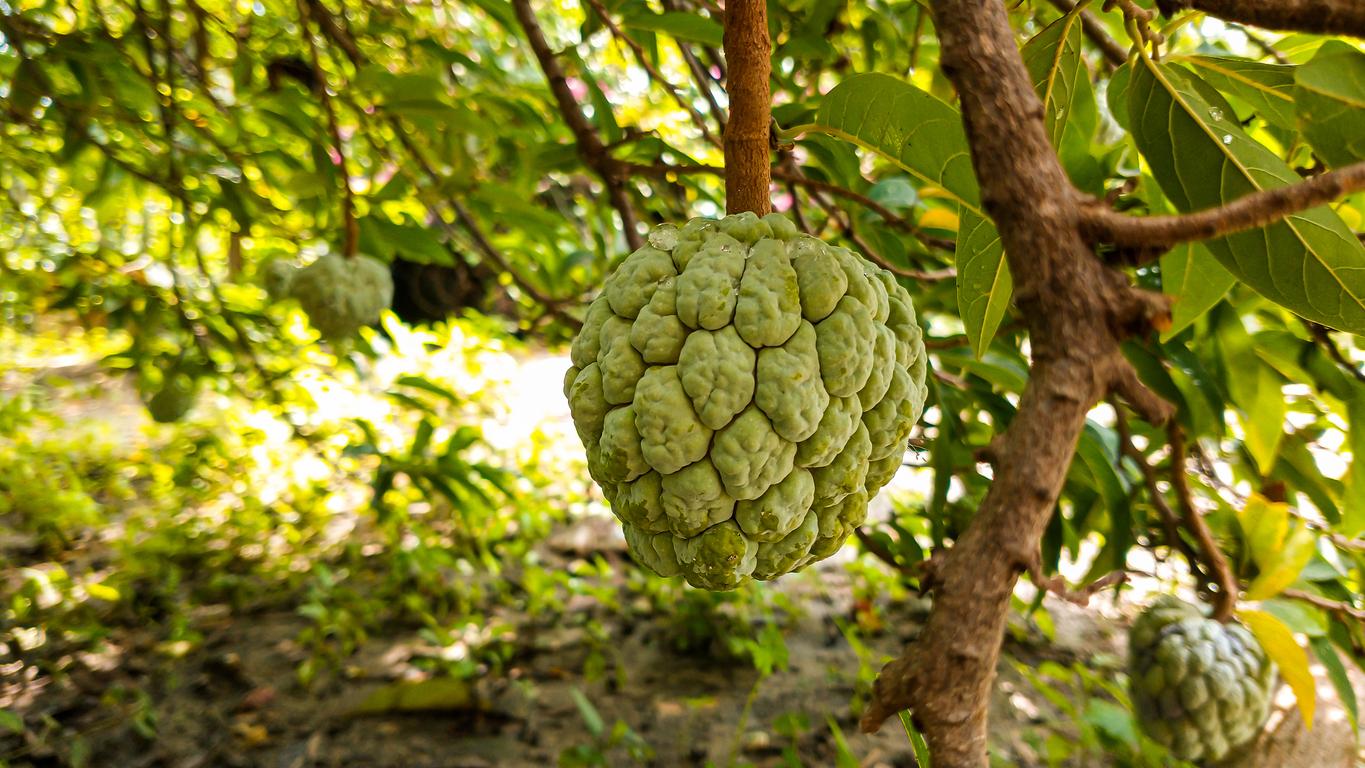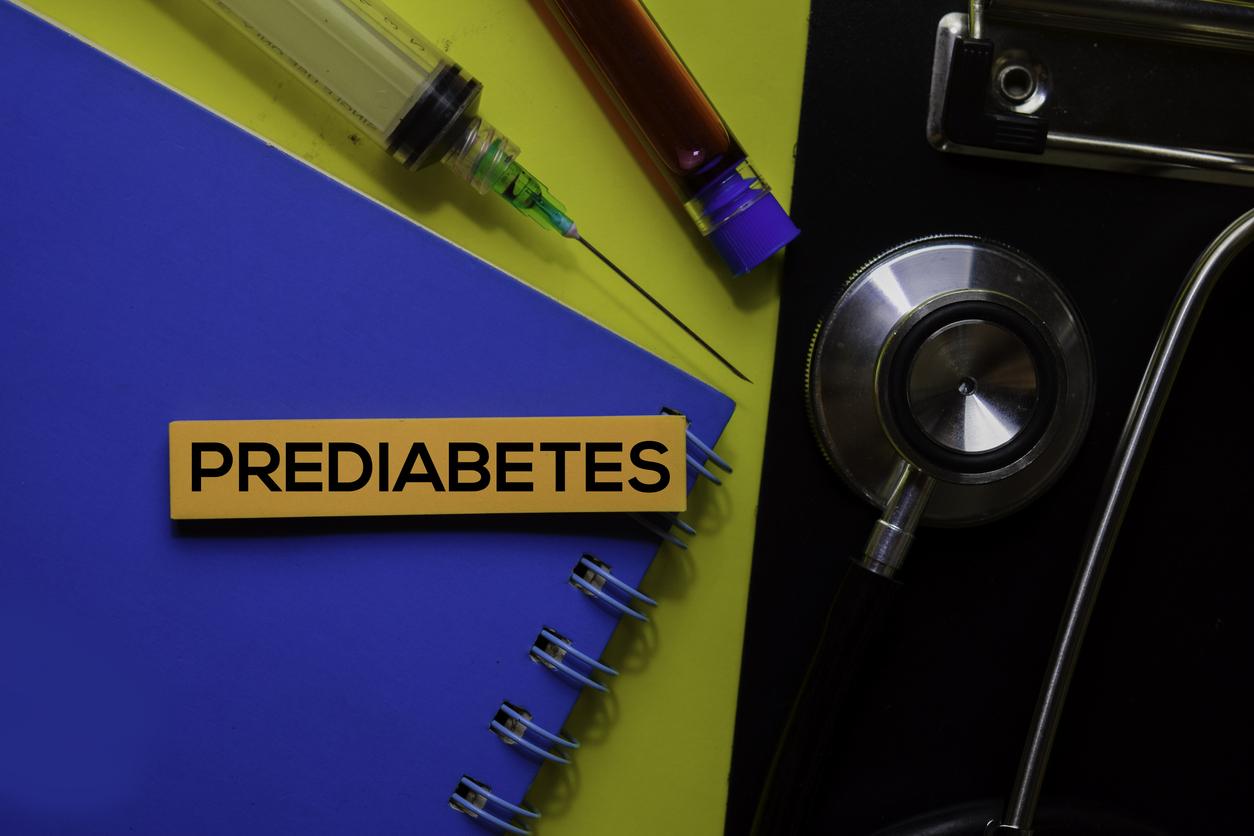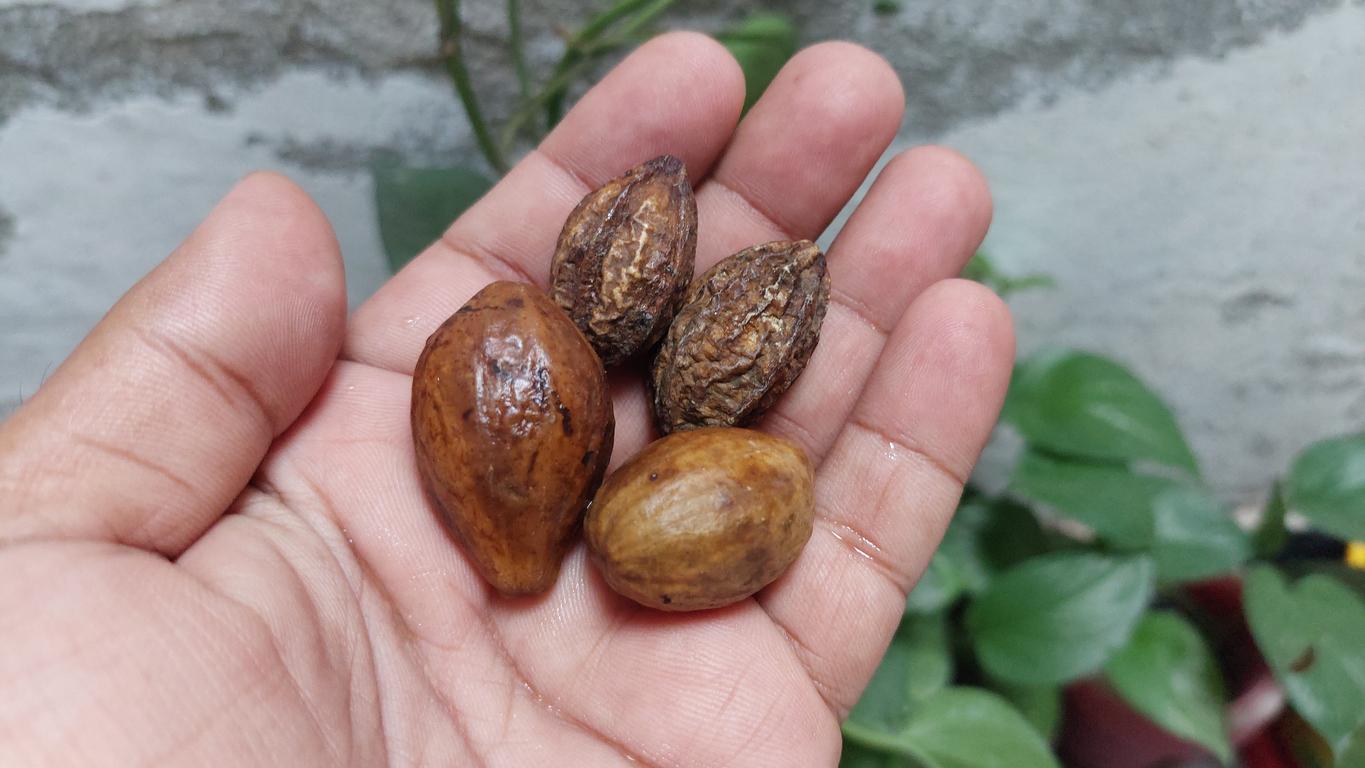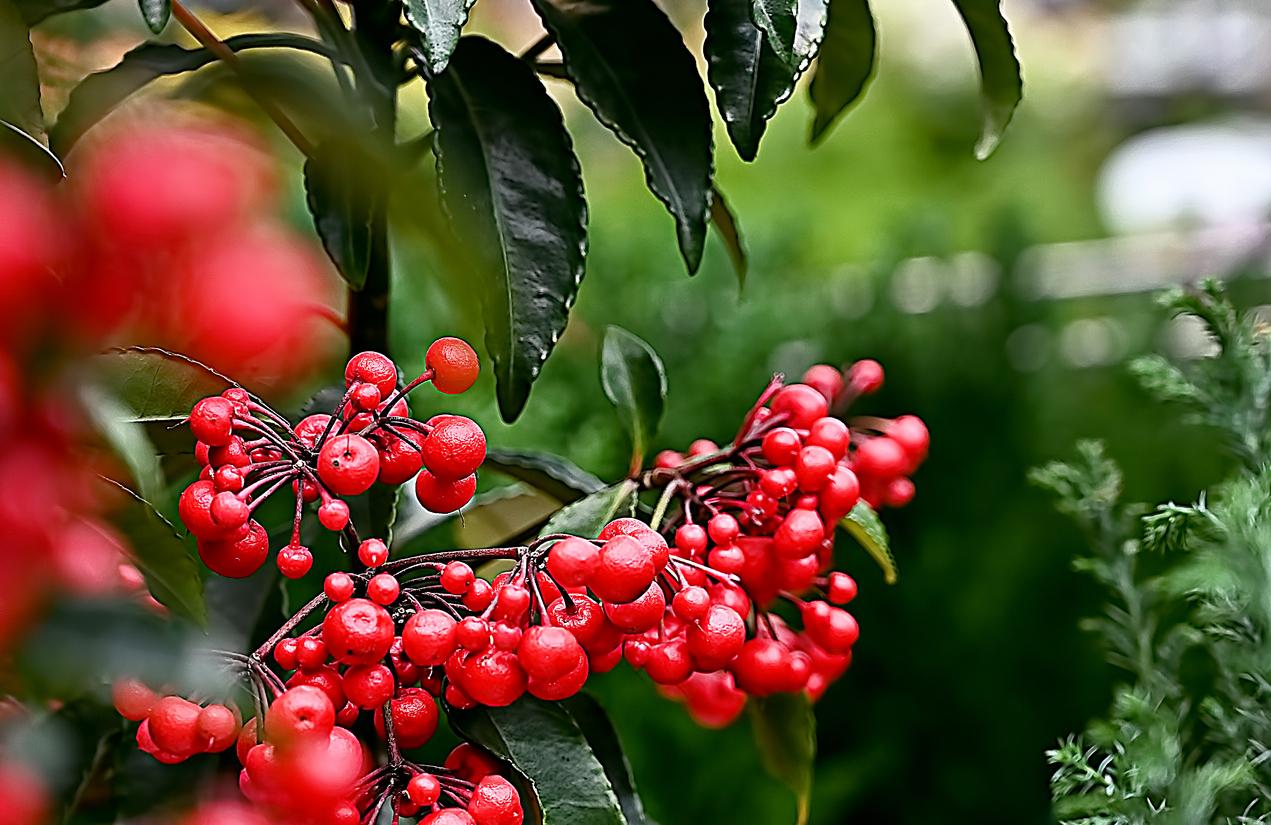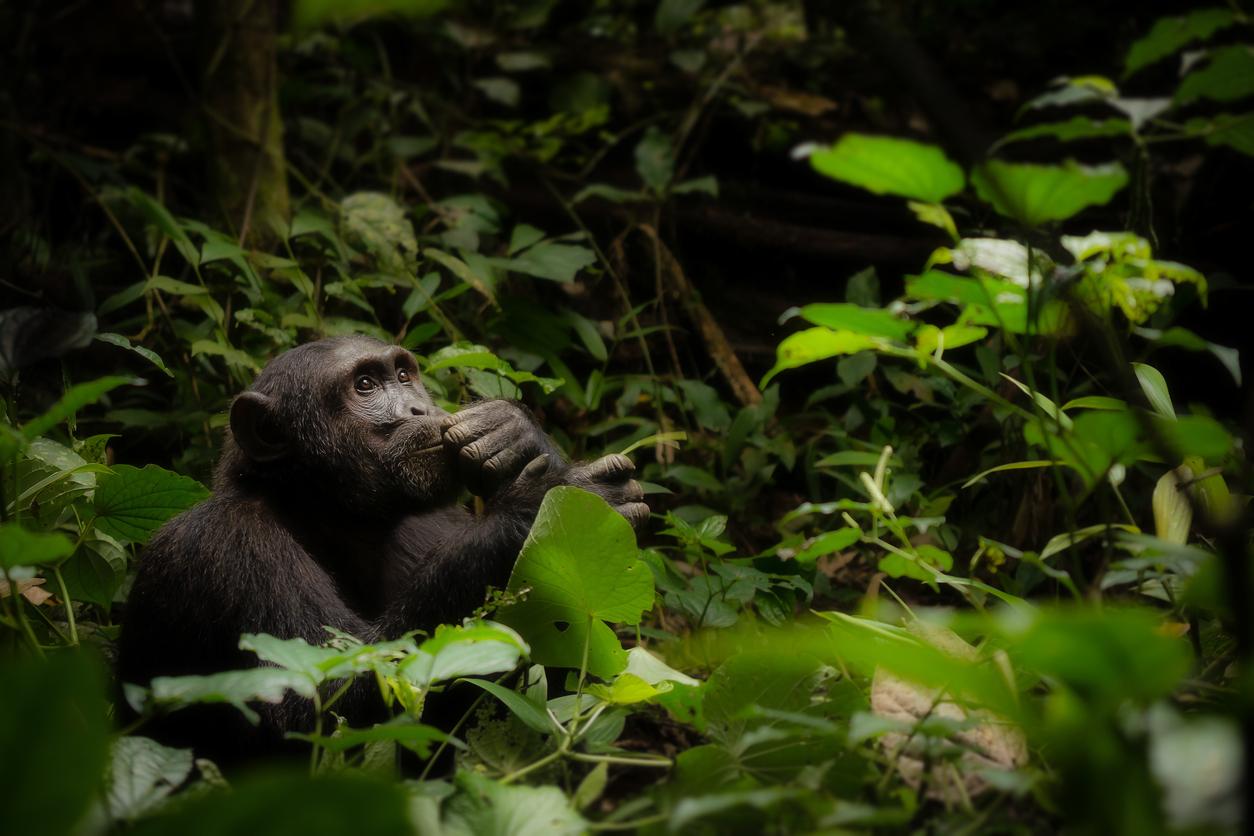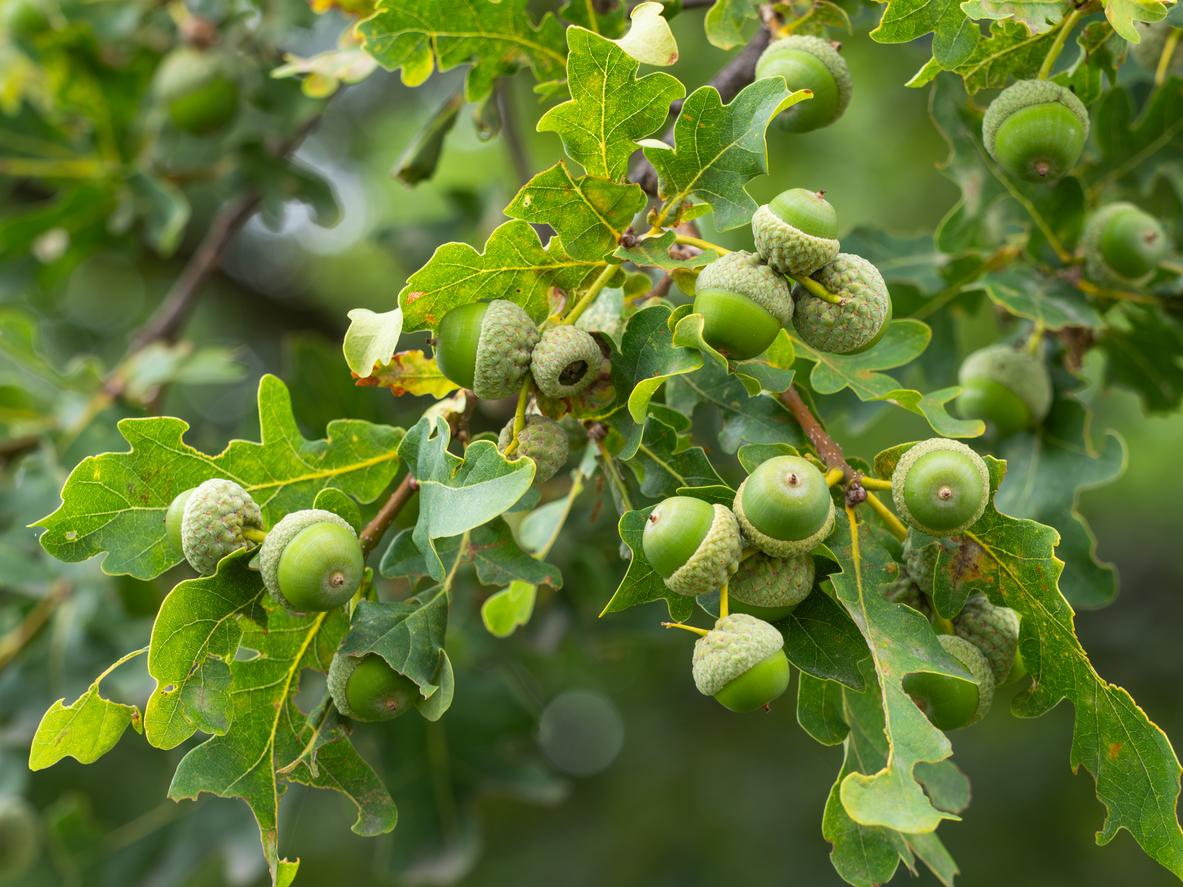October 26, 2000 – The four best-selling plants in the United States in 1999, ginkgo biloba, St. John’s wort, ginseng and garlic, all saw their sales decrease compared to the previous year, reports the magazine Herbal Gram in its fall 2000 edition.
In total, the value of sales made, both in the mass market and in stores specializing in natural health products (NHP), decreased by 3%. But this decrease is entirely attributable to the mass market (pharmacies and supermarkets) as sales increased by 5% in specialized stores and between 2 and 3% in multi-level sales systems.
The big winners of the year 1999 are the bay of sabal (Sabal serrulata, syn. Serenoa repens), for benign prostatic hyperplasia, an increase of 34%, soy derivatives (+ 340%), black cohosh (Cimicifuga racemosa + 143%) and flax seed (+ 177%) for symptoms of menopause, as well as milk thistle (Sylibum marianum + 49%) for liver disease.
According to Herbal Gram who quotes the Nutrition Business Journal, the value of Internet sales tripled in 1999 but remained below $ 100 million out of a total of $ 710 million for the entire industry.
Observers attribute this decline to negative publicity for medicinal plants in the mainstream media, following a few incidents, whereas previous years had seen these same media pay a lot of attention to star plants like St. John’s Wort. Unlike big box customers, customers of stores specializing in natural health products are more knowledgeable users of NHPs and are therefore less influenced by negative publicity.
HealthPassport.net
According to Herbal Gram, no 49, Fall 2000








